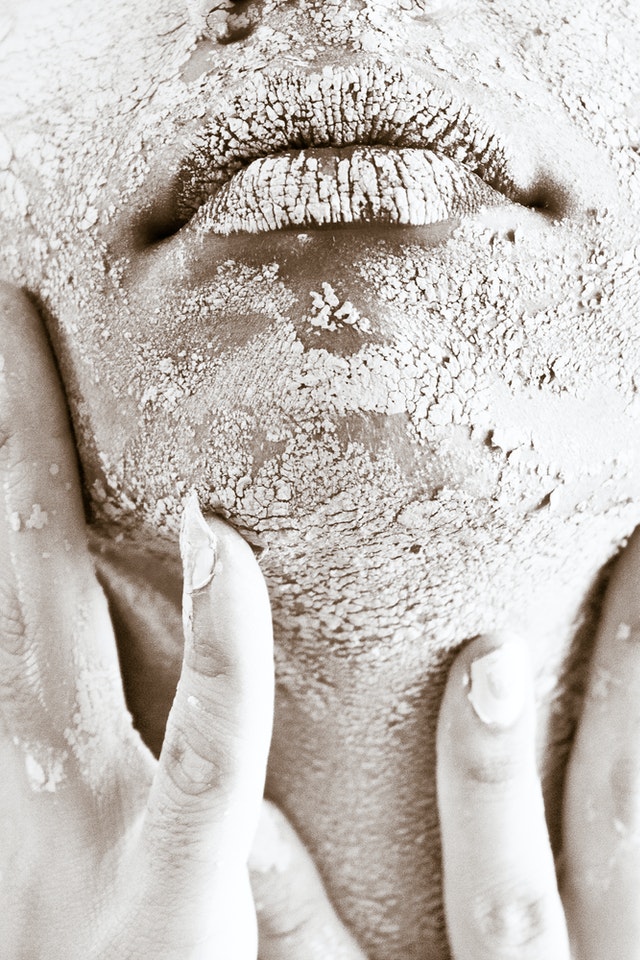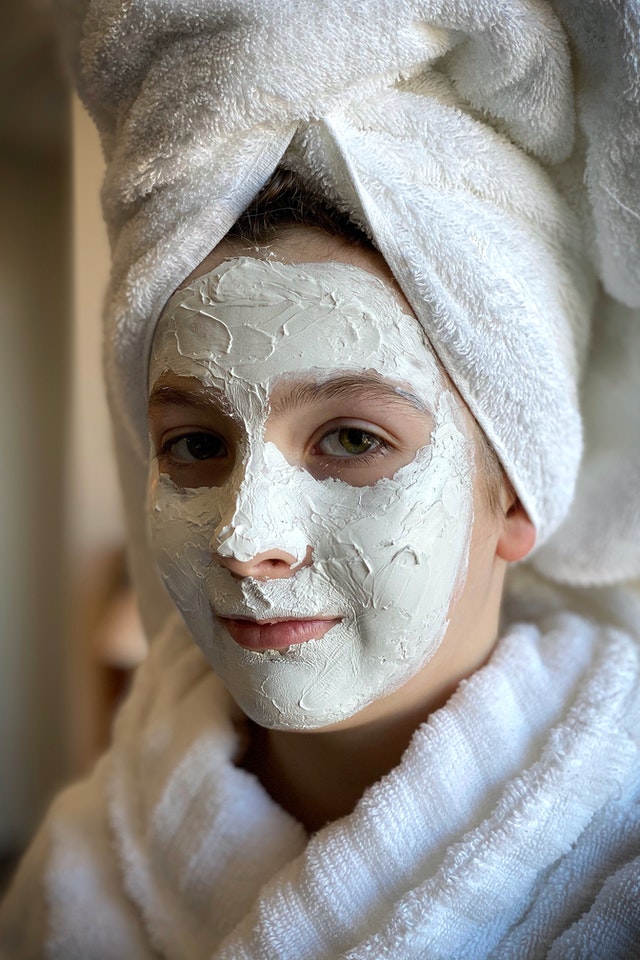Is there anything more embarrassing than constantly blushing? Having rosy cheeks is something that used to be seen as a sign of health, but if you’re constantly blushing everything then you may raise a question mark about this. The thing is, the chances are you’re not blushing – it’s just that you may have very sensitive skin that leaves a constant rosiness in your cheeks.
For some people, red and inflamed skin can be a smooth outbreak and it can also be linked to rosacea. Skin inflammation is a sign of the immune system fighting foreign antibodies and it’s also known as dermatitis. If you look like you have red and rashy patches across your face and you even break out in abscesses or blisters. Calming irritated skin should be the go-to thing to do, and if you are suffering from skin inflammation that you are struggling with, then you need to get some help. In this article, we got some top tips to get you there.
- Cold compresses may help. Most of the time, red inflammation in your skin is hot to the touch. Cooling it down with a cold compress can help and it can even help the itch of the rash to subside. A damp cloth that you’ve kept in the freezer with some water inside it can help to compress the inflammation and prevent the progression across your cheeks. In some cases, you may even choose to use a standard ice pack to rest against your cheeks. But you should make sure that you wrap this in a towel or a cloth so it’s not too harsh or burns your skin.
- Aloe vera can be quite healthy when it comes to your skin. It’s always been known to remove skin irritations, and it’s been widely used as an anti-inflammatory ingredient and most beauty products. Aloe Vera has been known to come rushes and heal wounds, and because it’s antimicrobial, antioxidant, and anti-viral, it’s still very popular today. If you have Aloe plants in your home, using a fresh gel directly from the plant is the best thing you can put on the information on your face. Don’t be afraid to try this new skincare regime, because it could be the best thing you ever do for your skin.
- Embrace the power of breakfast. Oats are amazing for treating skin conditions, which is why oatmeal baths are so popular for so many skin issues. You may have remembered having chickenpox as a child and oatmeal baths being the go-to help. That hasn’t changed. Oats have anti-inflammatory substances such as linoleic oil and oleic acid. Fill up your bathtub with warm water but while the water is running fill oats into an old stocking or a sock. Hold this under the running water and let the oat water run into your bath. Immerse yourself in that water for at least 30 minutes and then rinse off with lukewarm water.
- Look in your pantry. If you have coconut oil in your pantry, it’s going to be a blessing for allergic reactions on your skin. Coconut oil is known to be a moisturizer and is known for its anti-inflammatory and antiseptic properties. If you have virgin coconut oil in the cupboard, use it for a rash but discontinue that if it causes further irritation. Coconut oil is purely natural, so you’re not going to be having anything on your skin that has added chemicals or substances that can irritate.
- Embrace tea tree oil. It’s not just great for your hair, but tea tree oil is an amazing antiseptic product. It’s been sent to steal from the plant so it’s an essential oil. It should always be deleted before you put anything directly on a rash. But you could also put a couple of drops into some hot water and put a towel over your head and lean over the top for a steam bath on your skin. If you use it in conjunction with an oil such as coconut oil, your skin is going to feel so much healthier and so much better for it.
- Check your baking cupboard. Baking soda is a product used in every household and it’s fantastic for irritated skin. Most people use it to dry up bug bites, but you can also use it on rashes. One or two cups of baking soda to a tub of water can help you to soak the area of your skin that has become inflamed. You can use it as part of a face wash, and you can soak your cheeks and your chin in this water for a few seconds at a time. You could even make a paste with a little bit of water and baking soda and apply it across your face similar to a face mask.
- ACV to the rescue. Apple cider vinegar is known to be a product that has been used throughout centuries to help with the skin and hair. The antimicrobial properties can be used to soothe ailments. You should always test this on your inner elbow first and always delete it because it is acidic and will hurt your skin if it is sore.
- Epsom salt baths are making a comeback. You may have heard of Epsom salt baths to remove muscle pains, but because Epsom salts are so rich in magnesium and other minerals it will also help to relieve itchiness. Let your skin soak for 15 minutes and then rinse off and pat dry gently. Follow up with a moisturizer and you’ll be able to see the results on your skin pretty quickly. They do a very good job in being able to hydrate your skin enough. If you have a float spa nearby, you’ll find that they use kilos of Epsom salts in the water to help you to float and to make your skin feel great.
If your inflamed skin is getting you down and your rosy cheeks are starting to hurt, try these tips and see what could work for you.



Leave a Reply